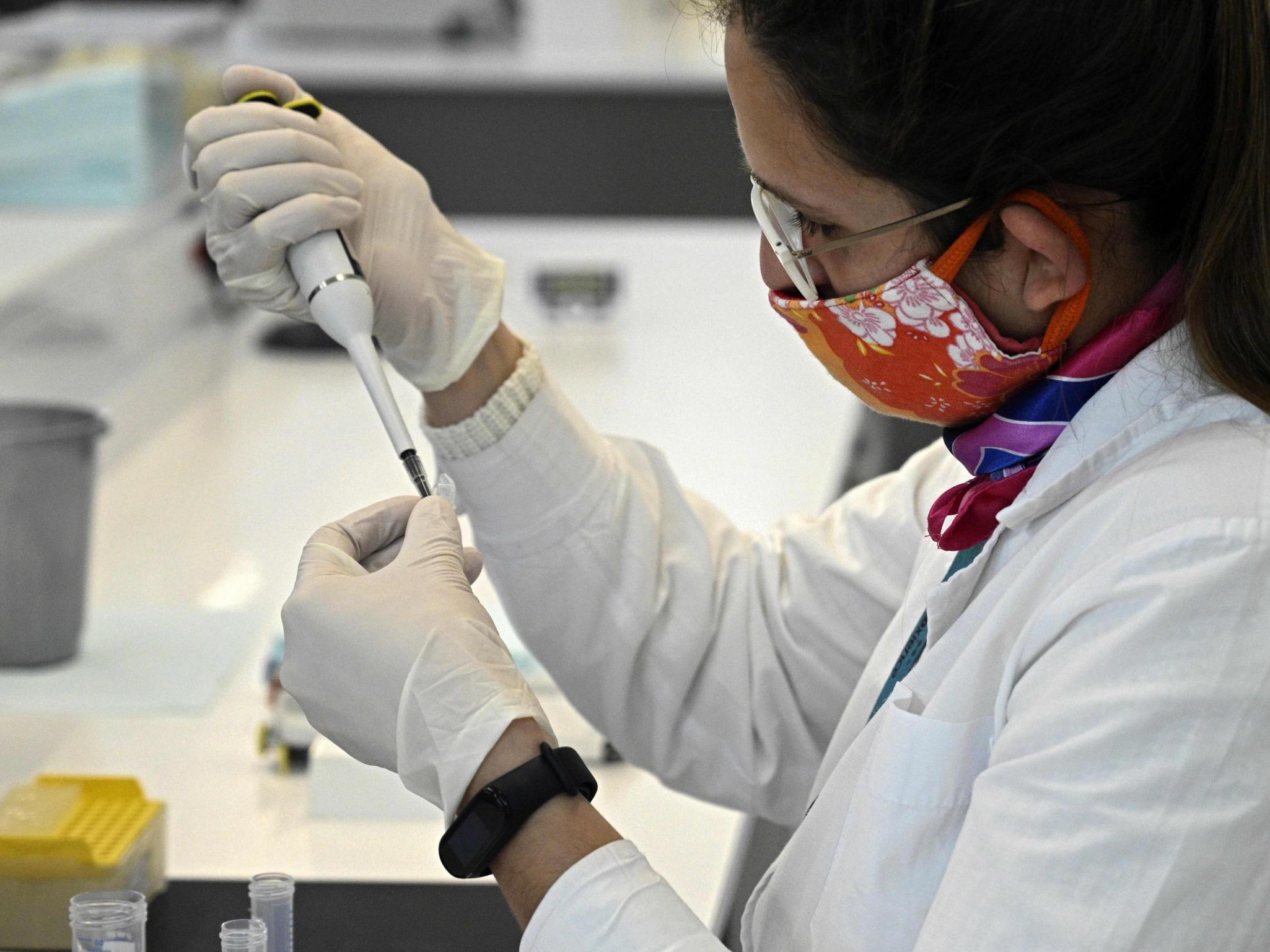Should vaccine producers get protection from lawsuits?
Big pharma is reportedly lobbying the EU for exemptions. The messaging is unfortunate but the issue is worthy of debate, writes James Moore


The messaging is less than helpful. The European pharmaceutical industry’s vaccines lobby is reportedly pushing the EU for exemptions, with the aim of protecting its members from lawsuits if there are problems with any of the new coronavirus vaccines.
Now this is understandable on the face of it. There are a dizzying array of projects aimed at bringing a workable vaccine to market, and they have been proceeding at speed.
The problem, as one scientist told The Independent earlier this year, is that issues with vaccines may not be seen until they have been administered to 100,000 people or more. They sometimes only emerge in controlled clinical trials after years of tests.
Covid-19 has killed hundreds of thousands of people around the world and had a devastating economic impact that will inevitably lead to more fatalities. Poverty is another killer and my how we need to find a treatment for that.
So the world simply doesn’t have the time to wait for 100,000 trials.
The pharmaceutical industry has justly attracted controversy through its willingness to stick with bad drugs, and for the highly suspect tactics used to market some of its wares. This arguably contributed to, for example, the opioid crisis. Almost any pharma company you’d care to mention has paid out multiple multimillion dollar settlements and it is important that poor practice is penalised, and that the victims are compensated.
But the motivations when it comes to the rush to find a coronavirus vaccination are different. Governments need big pharma’s researchers, and those working in universities, to move fast because a vaccine is the way out of this.
The problem with stories like this as they emerge, and there will surely be more, is that they are grist to the mill of the anti-vax “movement”.
Operating through social media, the online disinformation campaign concerning vaccines has proven to be devastatingly effective. It has led to thousands of people being unnecessarily harmed, and sometimes killed, through diseases they could and should have been protected against.
It contributed to Britain losing its measles-free status, partly as a result of the entirely false claim that the MMR vaccine (measles, mumps, rubella) had been linked to autism.
This has fed through into mainstream conversations in which people ask other people whether they’d be comfortable having a coronavirus vaccine that has been brought to market at such speed, while expressing unhappiness about the issue being forced.
I’ve seen these on my Facebook feed. You’ve probably seen them on yours. Polls have been conducted and they’ve shown high levels of concern.
A public information campaign designed to counter the false narratives that have grown up surrounding vaccination should really already be underway now because a coronavirus vaccine or vaccines will only be effective if there is mass take-up.
But how to fix the issue of compensating those who are affected if unforeseen problems later emerge? Let’s be clear, the authorities, whether in the EU or the UK, or the US, or, well take your pick, need to stand behind these people. But perhaps it’s time to discuss a mechanism for doing so that recognises this is a unique situation, while still allowing for genuine negligence to be penalised.
That said, the issue needs to be handled with care.
The Independent has previously highlighted the issue of Pandemrix, a swine flu vaccination that was rushed into use as an emergency treatment but is now no longer licensed. GlaxoSmithKline and the UK government have faced compensation claims worth millions from affected children and adults through it being linked to narcolepsy.
The then-Labour government had granted GSK an indemnity for using the vaccine, the details of which were never made public. That’s problematic.
If we’re going to have a discussion about exemptions, one thing is absolutely clear: the issue needs to be handled with the utmost transparency. The instinct of governments, regulatory agencies, and drug companies towards secrecy is ultimately an ally of the virus.
Join our commenting forum
Join thought-provoking conversations, follow other Independent readers and see their replies
Comments